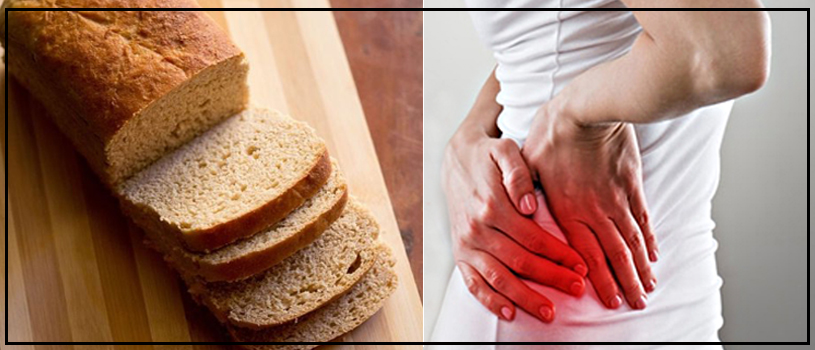Many kidney patients and those on dialysis wish to consume a healthy diet to improve their health outcomes and to look after other parameters of CKD such as high blood pressure, diabetes, etc. But they end up being in a dilemma of what they should eat or consume during CKD. Bread is another source of confusion for patients attempting to add nutritional values to their meals. Whatever we eat, our body digests, convert and produce energy, and the rest is turned into waste. Bread is one of those staple foods that proffer energy to the body.
When the kidneys are not functioning normally, waste products can build up in the blood. And in that case, if you keep on consuming things the waste of which is hard to eliminate you will end up in trouble. Bread contains salt and phosphate which cause a problem for the person who is not otherwise healthy.
Too much salt and phosphate in your blood can cause the following troubles:
Salt
- Raise blood pressure level
- Promotes fluid retention in the body
- Prolonged consumption of salt can lead to heart disease
Phosphate
- Can weaken your bones
- Lead to hard deposits in the eyes, skin, heart, and blood vessels
- Trigger heart disease
Salt
People with kidney disease may need to follow a low salt or sodium diet and salt is profoundly used to keep the bread fresh. Bread may contain different amounts of salt per slice, so you need to pick up one with a low amount of salt content.
Phosphate
Phosphate buildup can cause many complications in the body such as those related to your heart and bones. White bread has a less amount of phosphate than the brown bread. Wholemeal bread is another type of bread that can be consumed by kidney patients. If you ever go to buy bread for yourself, consider one with low phosphate, no amounts of baking powder, wheat germ, or phosphate additives.
- Calcium phosphate
- Disodium phosphate
- Tricalcium phosphate
- Monopotassium phosphate
- Pyrophosphate polyphosphates
- Phosphoric acid
Bread is another source of energy to the patients, but seeing their nutritional component, we advise patients to consult their dietician before making changes in a diet. It depends on how much potassium and phosphorus you can eat, you can pick up the right bread for your meal.
Here is some nutritional value of some types of bread:
- 1 slice Whole Grain Bread has 70 mg potassium, 57 mg phosphorus, 130 mg sodium, fiber 1.9 grams
- 1 slice soft Wheat Bread contains 46 mg potassium, 39 mg phosphorus, 130 mg sodium, fiber 0.9 grams
- 1 slice White Bread contains 25 mg potassium, 25 mg phosphorus, 150 mg sodium, fiber 0.6 grams
What types of bread can a kidney patient consume?
Suitable bread choices for kidney patients include pitta bread, chapattis, white or granary bread rolls, wholemeal, etc. Wholemeal bread can be only eaten after recommendation by your dietician. A dietician can advise you on how many slices to eat or not to eat per day.
Homemade bread with a soda can be intake after knowing your phosphate and parathyroid hormones level with your healthcare team. If making bread on your own, the types of ingredients such as milk should be reviewed by your dietician.
Alternatively, you can also buy shop bought soda bread if it is low in phosphate, baking powder, wheat flour, and other phosphate additives. Check the labels to assure that you do not consume anything that is not in your interest.

